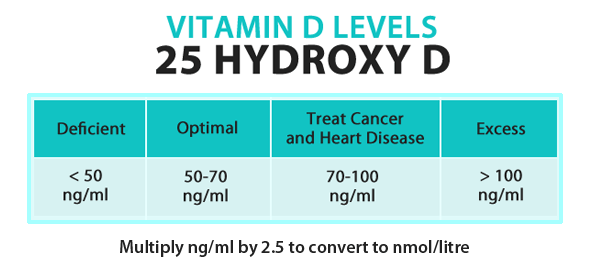
Symptomatic knee osteoarthritis is quite common in people older than 40 years, and will affect nearly 1 in 2 people by the age of 85 years, according to the Centers for Disease Control and Prevention.[i]
Basic symptoms include
- Pain
- Stiffness
- Muscle weakness and atrophy
- Decreased range of motion
Common causes or contributing factors include
- "Wear and tear," associated with age
- Trauma
- Poor nutrition, e.g. lack of synovial fluid and collagen nutritional co-factors (for instance, omega-3 fats and vitamin C).
- Wheat lectin, and other chitin-binding lectin rich foods.
Published in the Annals of Rheumatic Diseases , researchers sought out to confirm a recent study on statin drugs showing their use is associated with reduced incidence and progression of knee osteoarthritis. [ii] They reasoned "If statins truly reduce structural knee OA development or progression, one could predict that statins may also reduce OA-related pain and improve function."
Not only did they find no benefit, but they discovered an increased duration of statin use was associated with worsening in pain and physical function scores. They added "Our study has potential implications for policymakers and clinicians. If statins do not consistently influence OA progression or symptom status in large sample cohort studies, one must question their potential for future trial funding."
This latest finding is far from surprising if one considers that there are over 300 adverse health effects associated with statin use already signaled in the biomedical literature. You can view these first-hand studies directly at our Statin Dangers research page. Also, only a few weeks ago the Journal of Diabetes published a study revealing a clear association between statin use and peripheral neuropathy in a U.S. population 40 years and older.
The time has come for people to critically question the toxicological consequences of statin use and to weigh their purported benefits against their well-known clinically-confirmed harms.
For research relevant to natural alternatives to statin drugs, use our health guide: statin drugs.
For research on natural alternatives for osteoarthritis of the knee view our page on the topic: knee osteoarthritis.
Resources
[i] Arthritis Rheum 2008;59(9):1207–1213. [Data Source: 1999-2003 Johnston County Osteoarthritis Project data]
[ii] S Clockaerts, G J V M Van
Osch, Y M Bastiaansen-Jenniskens, J A N Verhaar, F Van Glabbeek, J B Van Meurs,
H J M Kerkhof, A Hofman, B H Ch Stricker, S M Bierma-Zeinstra. Statin use is associated with reduced incidence and progression of
knee osteoarthritis in the Rotterdam study. Ann Rheum Dis.
2012 May ;71(5):642-7. Epub 2011 Oct 11. PMID: 21989540



